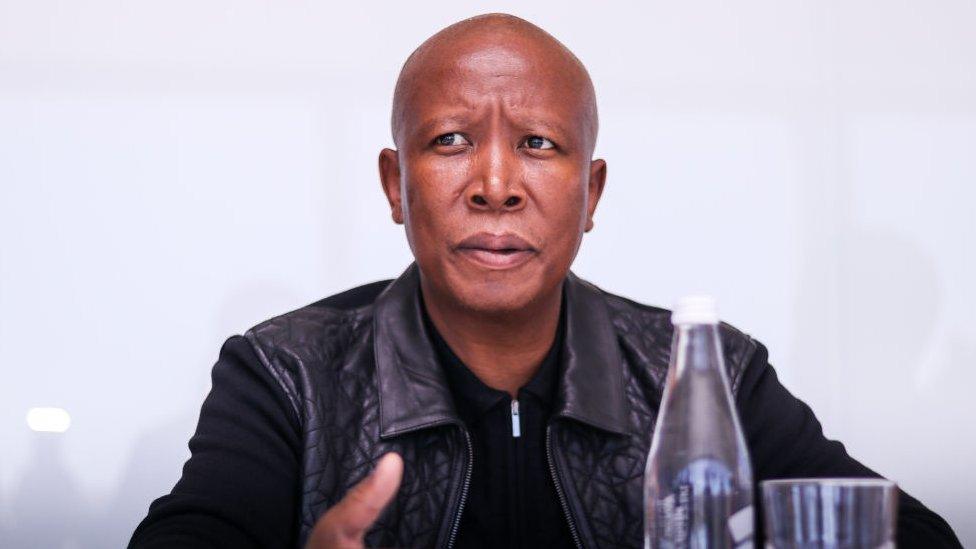South Africa local elections: Four things we have learnt
- Published
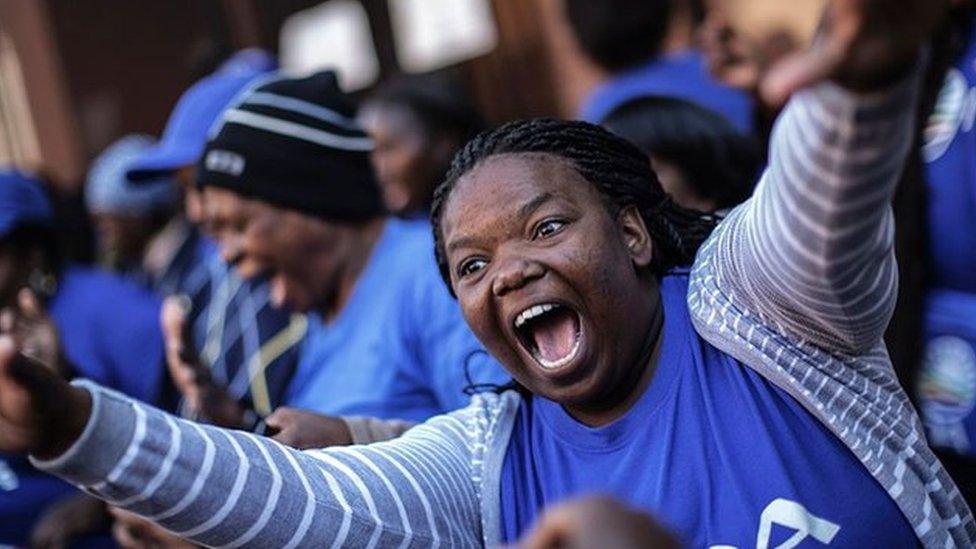
The Democratic Alliance has extended its appeal to black South Africans
South Africa's African National Congress (ANC) has gained its lowest share of the vote since apartheid ended in 1994 - the BBC's Milton Nkosi looks at four things the poll has shown.
The Democratic Alliance has broken through the race barrier
Once a white-dominated party, the Democratic Alliance (DA) seems to have extended its appeal to attract the support of black South Africans. The party has shown impressive gains in areas that have historically voted for the African National Congress (ANC).
The party's election in 2014 of a black leader, Mmusi Maimane, seems to have worked even though at the time, the ANC ridiculed him as a stooge.
The ANC had banked on its historic appeal among the black majority. But it lost among other places in Port Elizabeth municipality, which the party had renamed the Nelson Mandela Bay, despite invoking anti-apartheid messaging in its campaign.
It is now clear that there has been a paradigm shift in South Africa's politics - voters are now more interested in issues rather than race.

The need to appeal to young, cosmopolitan voters
What matters to young South African voters?
The ANC continues to attract huge support in South Africa's rural areas. However it will struggle to maintain its national majority with only rural voters.
The party also needs to hold and attract the support of urban voters, who are mostly young and educated and seem to be gravitating towards the DA.
This may be difficult after President Zuma dismissed them as "un-African" for not supporting the ruling party.

EFF holds the key?
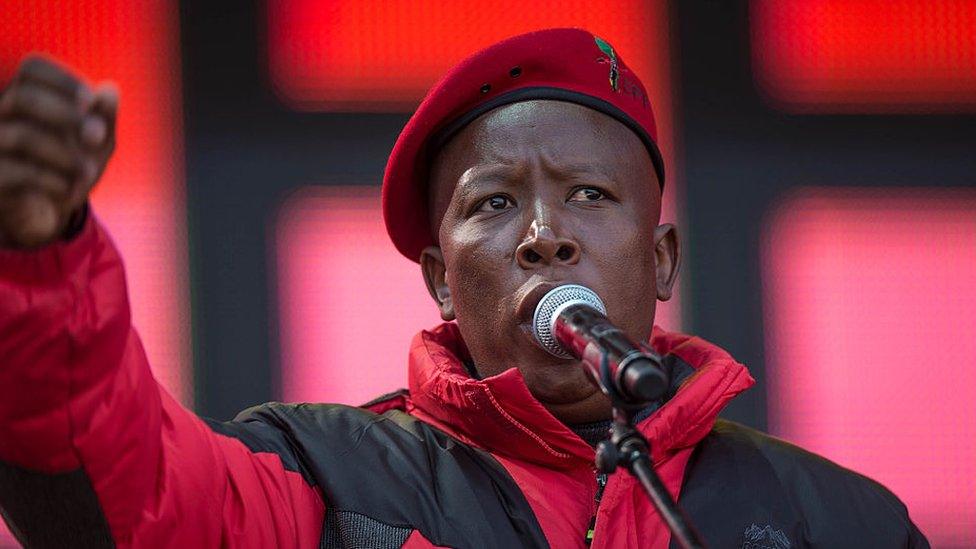
Julius Malema is known for his fiery rhetoric
Julius Malema's radical Economic Freedom Fighters did well for a new entrant to the political scene, gaining 8% of the national vote.
This was the party's first municipal election. The electorate rewarded it for its enthusiasm and for energising young voters.
It could be set to become the king-maker as the politics of coalitions takes root in South Africa, for example in cities like Johannesburg and Pretoria where it looks as though no party will win an outright majority.
But despite attracting a decent share of the vote, it was not enough to win control of a single council.

ANC needs to shed image of corruption
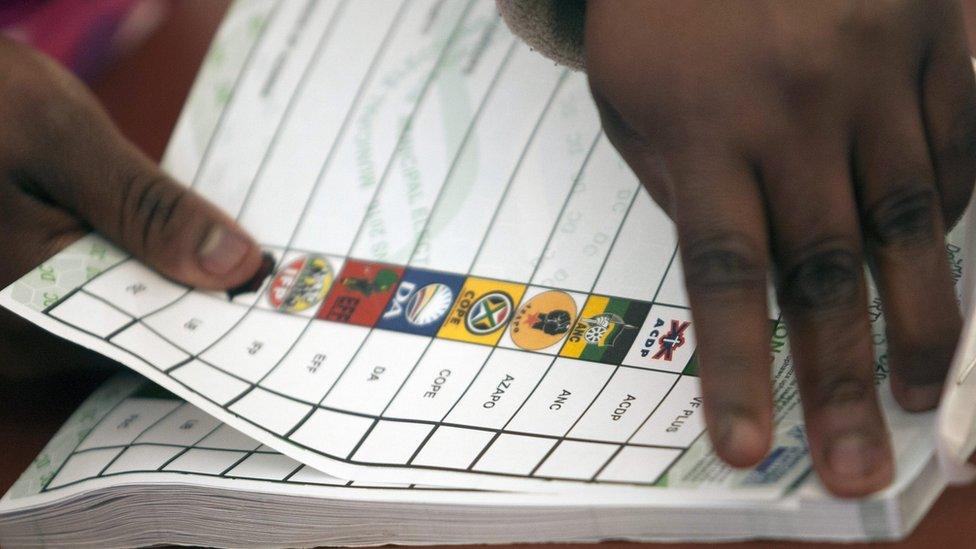
The vote is seen as a possible indicator for the general election due in 2019
As the party engages in some soul searching to find the reasons for its relatively poor performance, many would point to in-fighting and corruption.
But there have been other scandals and missteps that highlight what many see as the party's arrogance and seeming belief that it is pre-ordained to govern the country:
President Zuma was ordered by the court to refund money used for non-security upgrades to his private residence in Nkandla
The country's economy is struggling and the public getting nervous about rising inequality and unemployment
Political cronyism and the influence of the controversial Gupta family has also damaged the government's reputation
The attempt to control the public broadcaster, the SABC, by banning it from covering violent protests
The killing of protesting miners in Marikana.
So for the next general election due in 2019, changing the face of the leader may not be enough. It will take more than just getting rid of Mr Zuma to bring back the ANC to its former glory days.
- Published1 August 2016
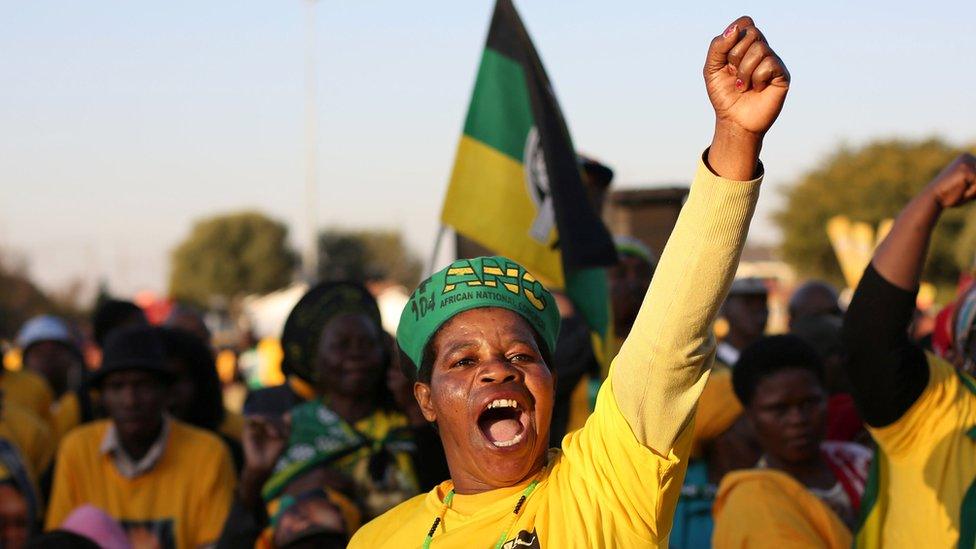
- Published6 April 2018
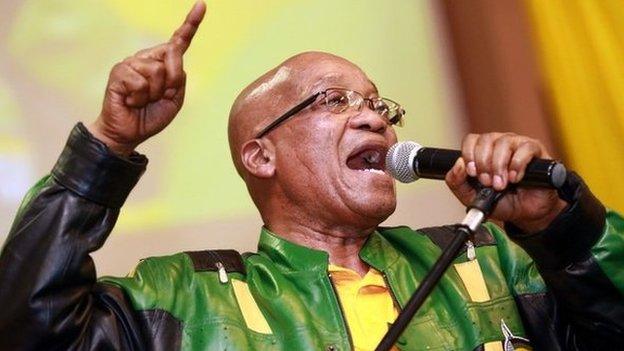
- Published8 May 2024
